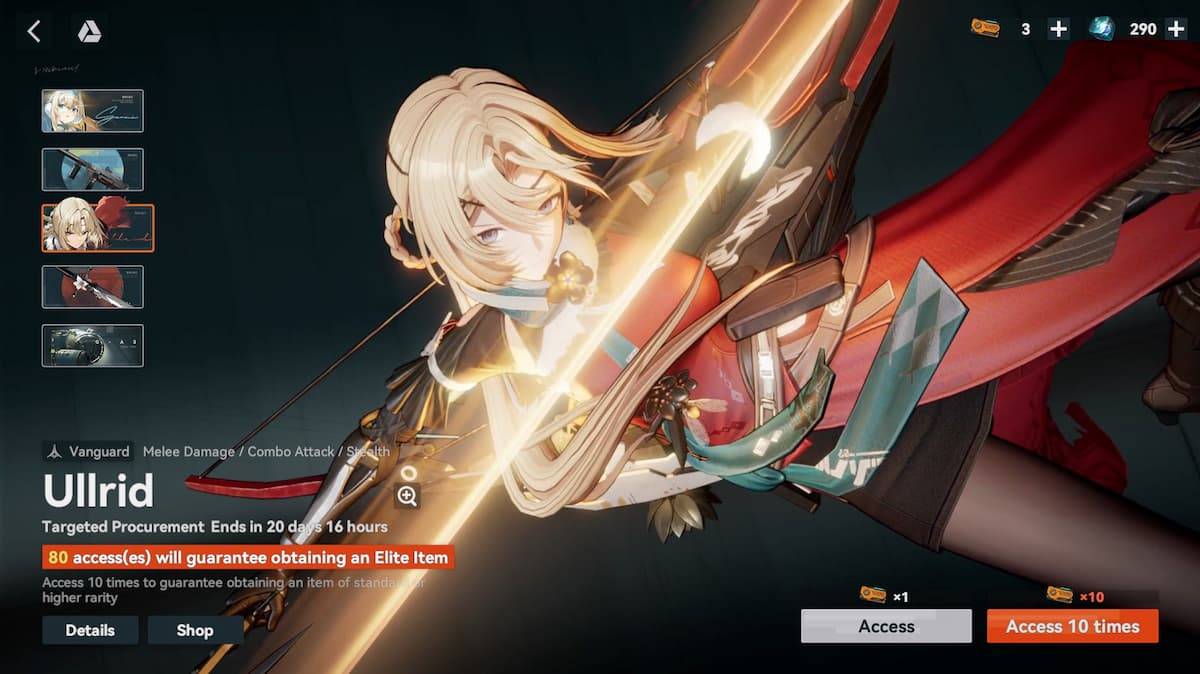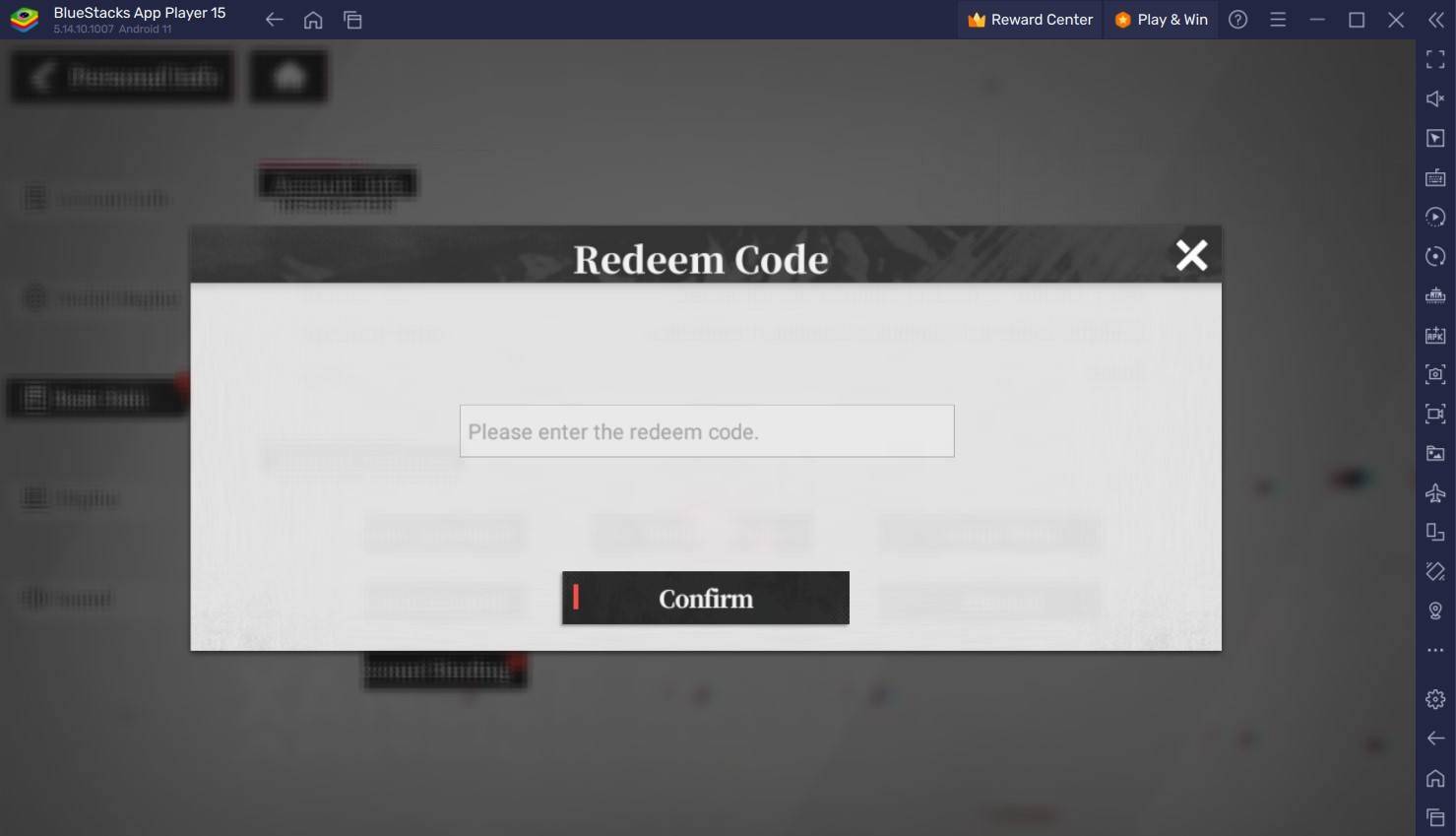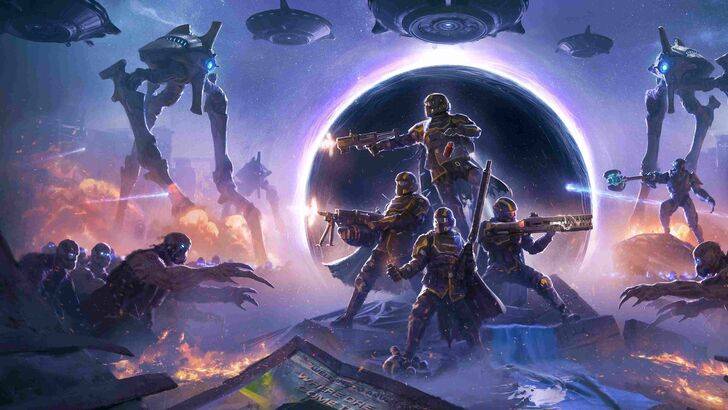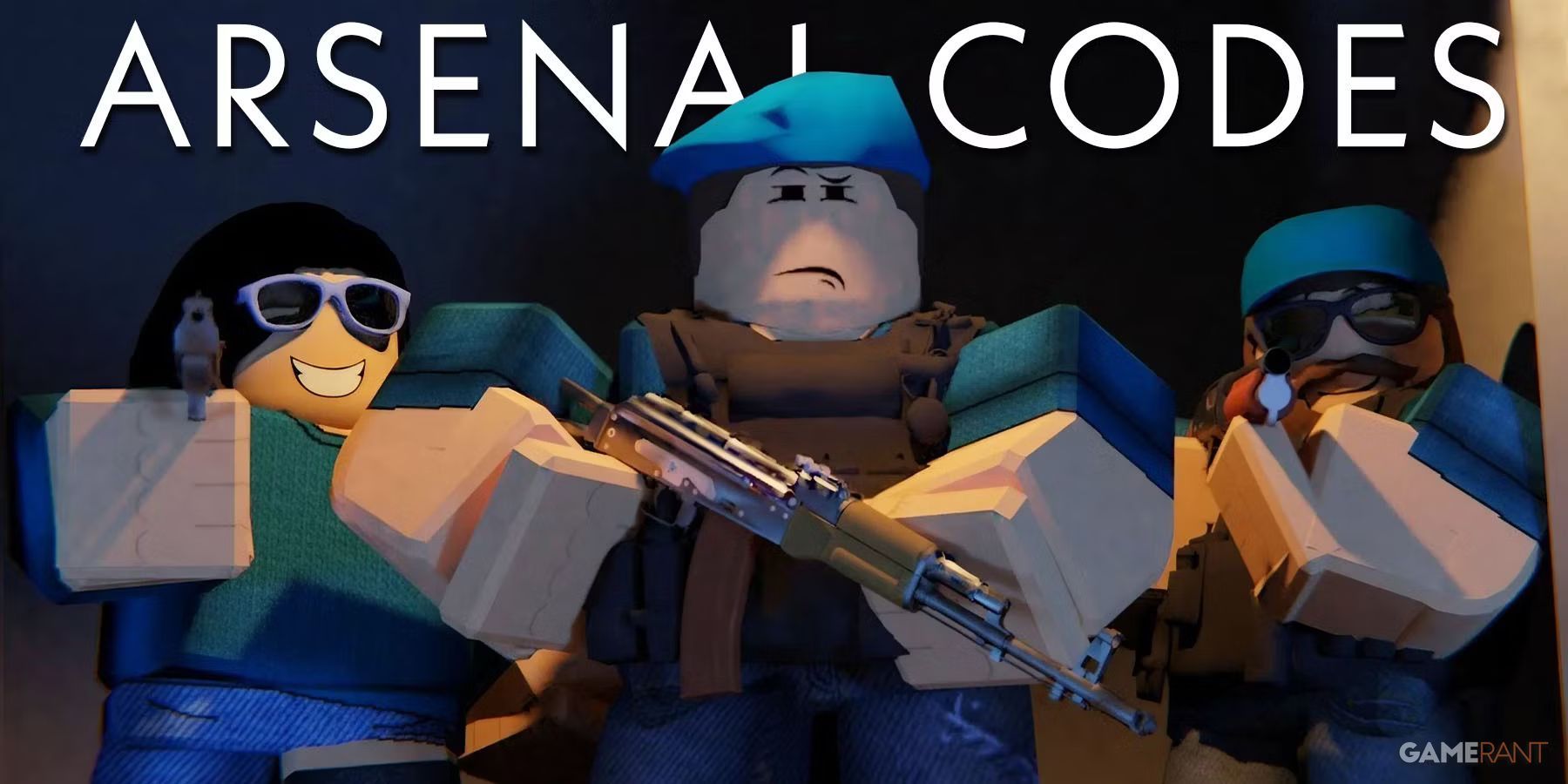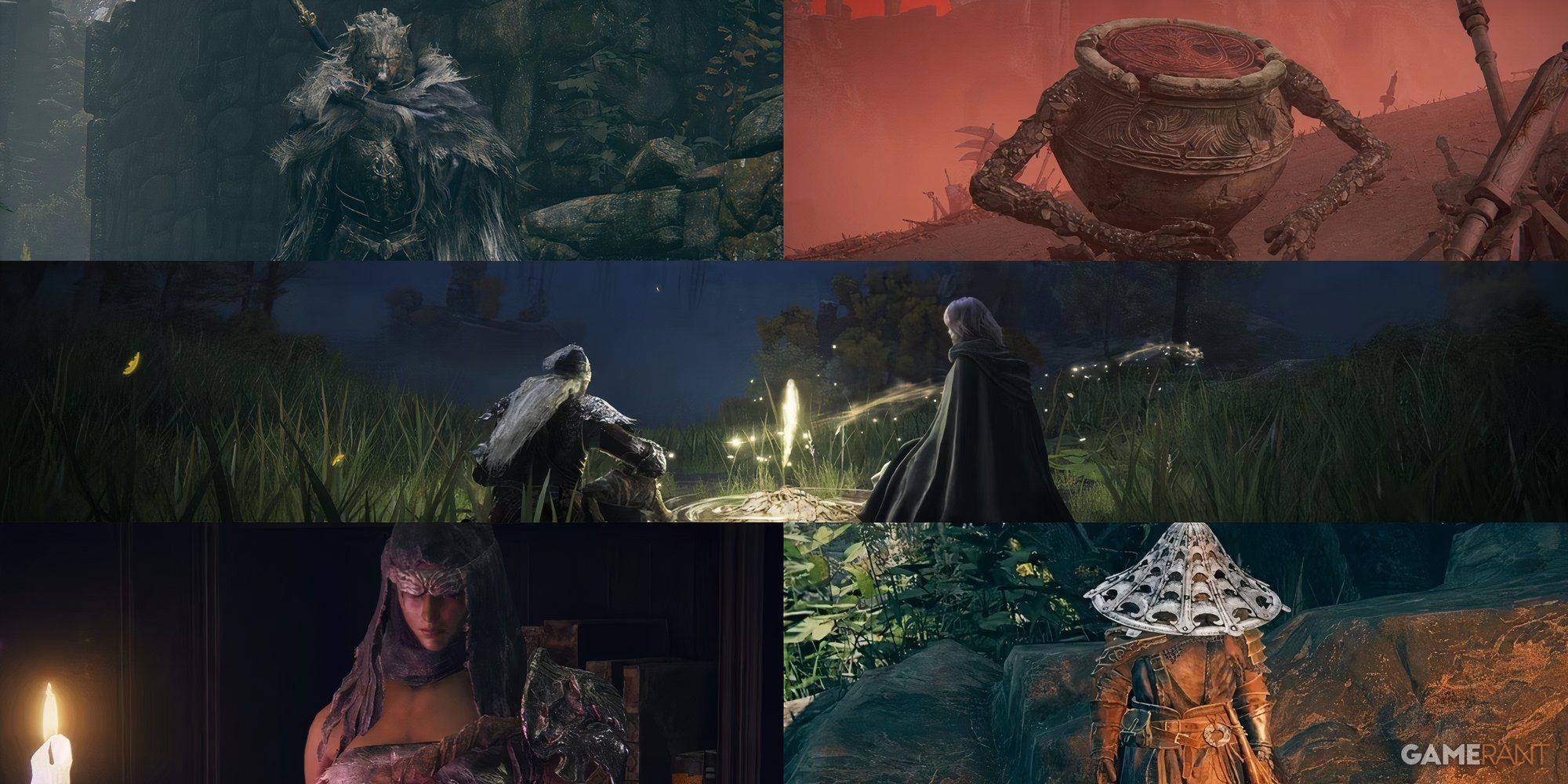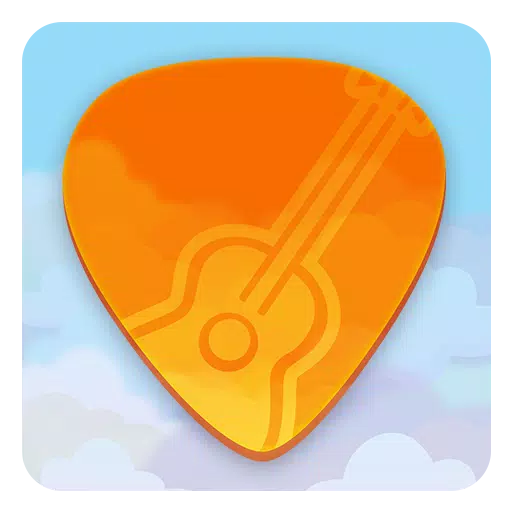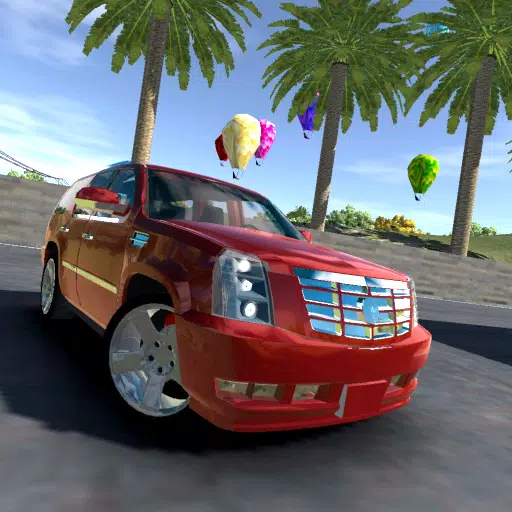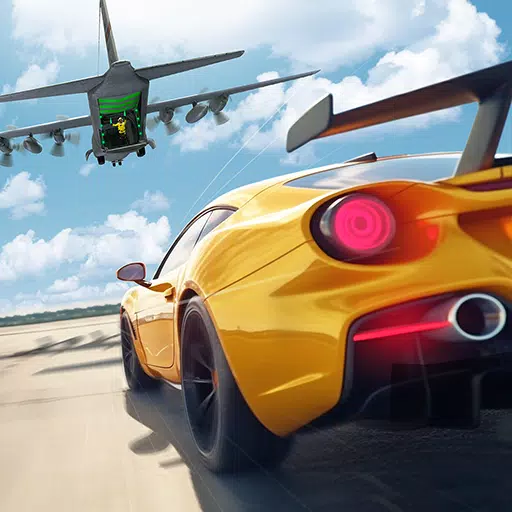Play Monster Hunter: World Before Wilds: Here's Why
As one of Steam's most pre-ordered games right now, *Monster Hunter Wilds* is poised to be a massive hit. For those new to the franchise, the series can seem dense and complex, which is why we highly recommend diving into a previous game to get a feel for the mechanics and world. Before embarking on the vast and dangerous expanse of *Monster Hunter Wilds*, there's one game you should definitely check out: *Monster Hunter: World* from 2018.
We don't recommend *World* for its narrative connection to *Wilds*—there isn't one. Instead, *Monster Hunter: World* is suggested because it closely mirrors the style and structure of *Wilds*. Playing *World* is an excellent way to familiarize yourself with the intricate systems and gameplay loop that define the series.
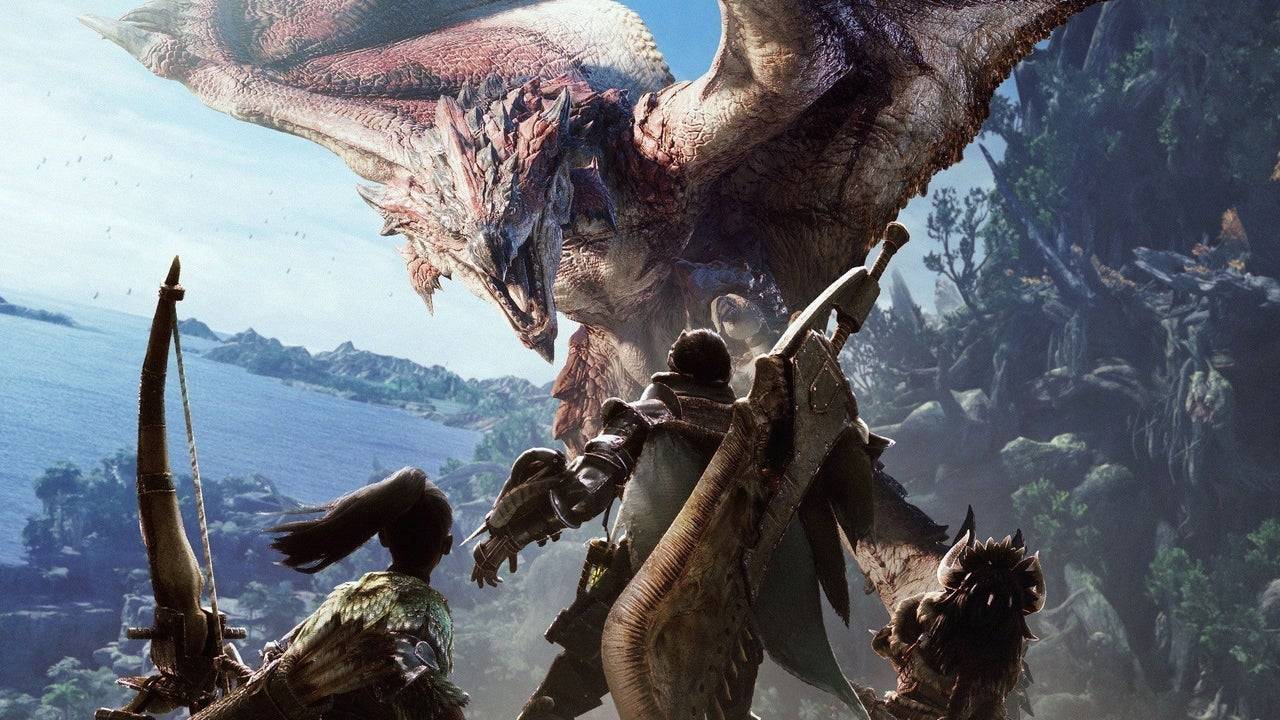 Monster Hunter: World shares much in common with the upcoming Monster Hunter Wilds. | Image credit: Capcom
Monster Hunter: World shares much in common with the upcoming Monster Hunter Wilds. | Image credit: Capcom
Why Monster Hunter: World?
If you're familiar with Capcom's recent releases, you might wonder, "Shouldn't I play *Monster Hunter Rise*, the most recent game in the series, instead of going back to *Monster Hunter: World*?" It's a fair question. However, while *Rise* is an excellent game, *Wilds* appears to be a direct successor to *World* rather than *Rise*.
*Rise* introduced innovations like rideable mounts and the Wirebug grapple mechanic, but these came at the cost of the expansive, seamless zones that *World* featured. Originally designed for the Nintendo Switch, *Rise* focused on speed and smaller zones, which quickened the hunt-upgrade-hunt cycle but sacrificed some of the larger scale and intricate ecosystem interactions that *World* offered. *Wilds* seems intent on recapturing and expanding on these elements from *World*.
*Monster Hunter: World* serves as the blueprint for *Wilds*' expansive open areas. With its emphasis on tracking monsters through a detailed ecosystem, *World* provides the perfect preparation for what *Wilds* promises to deliver. The open zones in *World* are stages for long, thrilling hunts across varied terrains, which is where modern *Monster Hunter* truly excels. Why wait for *Wilds* when you can experience this now in *World*?
Although *Wilds* isn't a direct story continuation of *World*, the latter's approach to storytelling and campaign structure will set your expectations for *Wilds*. You'll encounter key organizations like the Hunter's Guild and your loyal feline companions, the Palicos, which will also appear in *Wilds*. Think of it like the *Final Fantasy* series—each game features familiar elements but tells its own unique story.
Practice, Practice, Practice
Beyond understanding the *Monster Hunter* universe, the strongest reason to play *Monster Hunter: World* first is its challenging combat. *Wilds* features 14 weapons, each with distinct playstyles and strategies, all of which are available in *World*. Playing *World* is a fantastic way to get comfortable with these systems and master the series' unique combat.
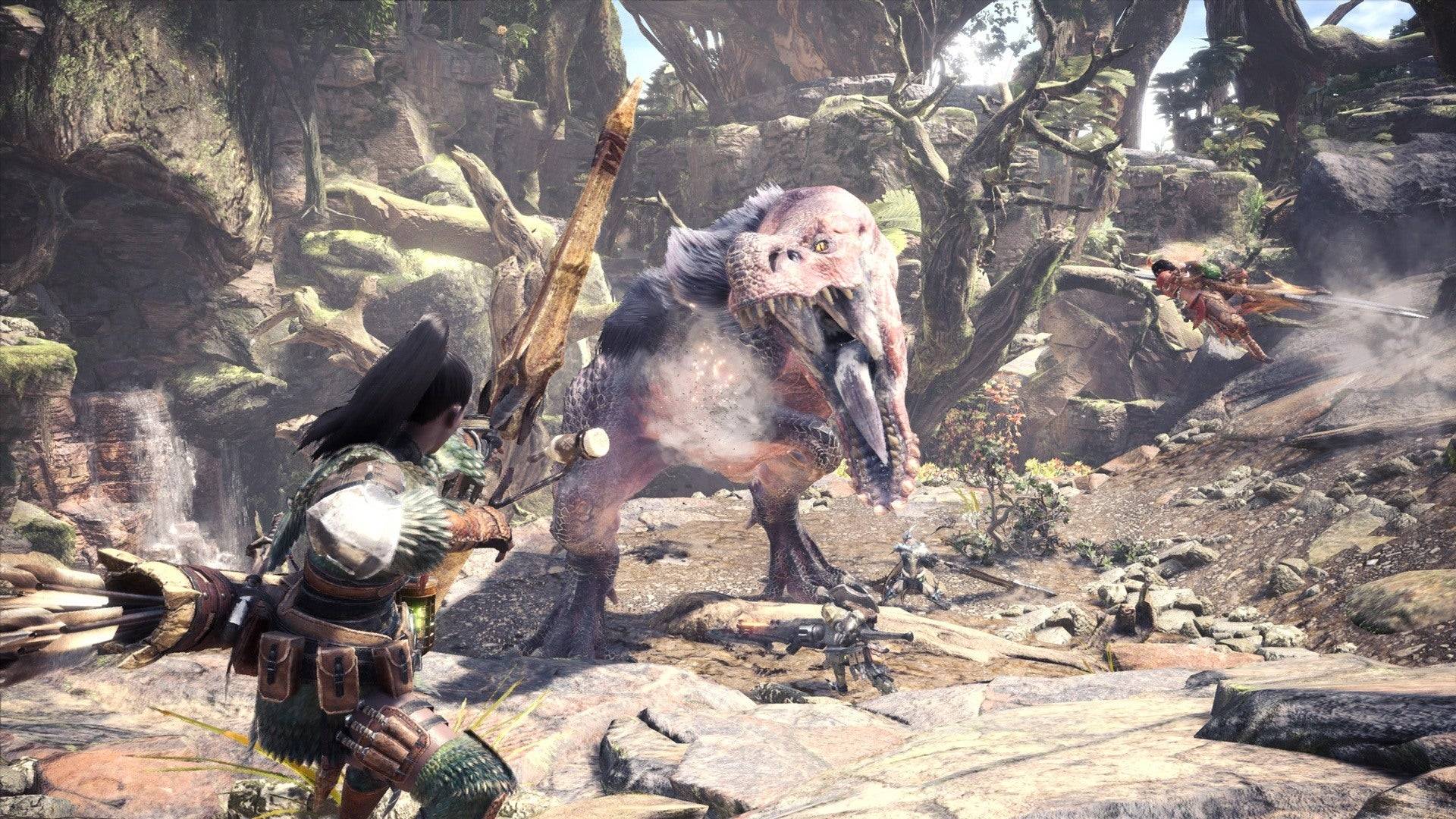 Learning the intricacies of bows, swords, and switch axes is a big part of Monster Hunter. | Image credit: Capcom
Learning the intricacies of bows, swords, and switch axes is a big part of Monster Hunter. | Image credit: Capcom
In *Monster Hunter*, your weapon is your everything. Unlike traditional RPGs where you level up through experience, your abilities and stats are tied to your weapon. Each weapon functions like a character class, dictating your role and approach in hunts. *World* teaches you how to upgrade these weapons using parts from defeated monsters and how to progress through the weapon tree.
Moreover, *World* emphasizes strategic positioning and attack angles over raw damage. Knowing where to strike a monster for maximum impact is crucial. For example, the Longsword excels at slicing off tails, while the Hammer is perfect for stunning enemies by hitting their head. Mastering these nuances can turn the tide of any battle, making *World* an essential training ground.
Understanding the tempo of each hunt in *World* will give you a significant advantage in *Wilds*. The Slinger, a tool on your hunter's arm, lets you use gadgets and ammunition during fights. Learning when to use a Flash Pod or poison knives can be game-changing. The Slinger returns in *Wilds*, and knowing how to integrate its use into combat will elevate your gameplay. Familiarizing yourself with *World*'s crafting system will also prepare you for *Wilds*' crafting mechanics.
As you master *World*'s weapons and tools, you'll uncover more layers of the *Monster Hunter* experience. The gameplay loop involves tracking monsters, gathering materials, and preparing for hunts. This routine becomes second nature, and understanding it will be invaluable when you dive into *Wilds*.
AnswerSee ResultsA hunt in *Monster Hunter* is not about quick kills but a strategic dance with each creature. Understanding different monsters' behaviors and preparing the right equipment is crucial. *World* captures this essence, making it an ideal training ground for *Wilds*.
If you need another incentive to play *Monster Hunter: World* before *Wilds*, consider this: importing save data from *World* into *Wilds* can earn you free Palico armor, and additional armor if you have data from the *Iceborne* expansion. It's a small perk, but customizing your Palico is always fun.
While it's not necessary to play a previous *Monster Hunter* game before starting *Wilds*, the series is uniquely complex. Capcom has made efforts to simplify the learning curve with each new release, but the best way to prepare is still by playing *Monster Hunter*. Whether you jump straight into *Wilds* or use *World* as a primer, there's no better time to immerse yourself in the *Monster Hunter* community before *Wilds* launches on February 28, 2025.
Latest Articles







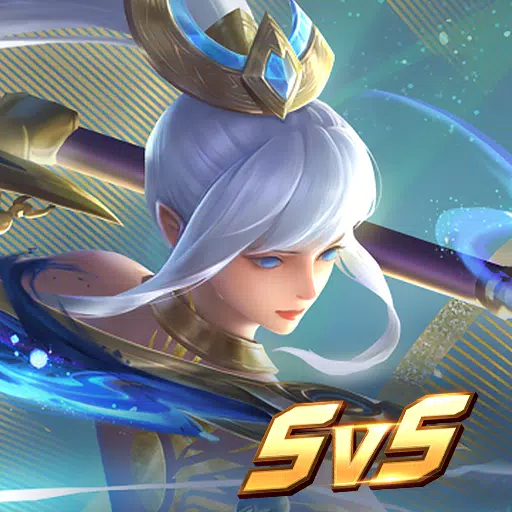
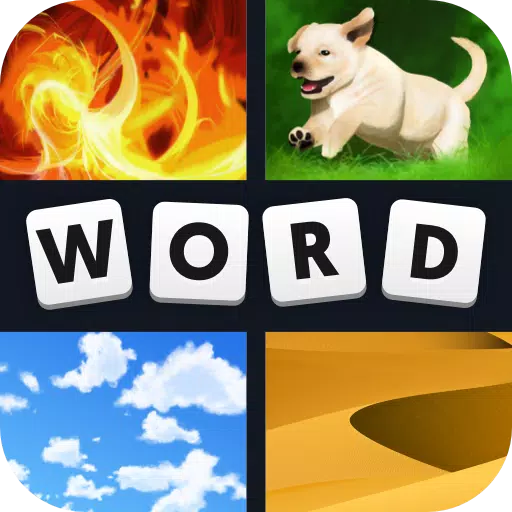


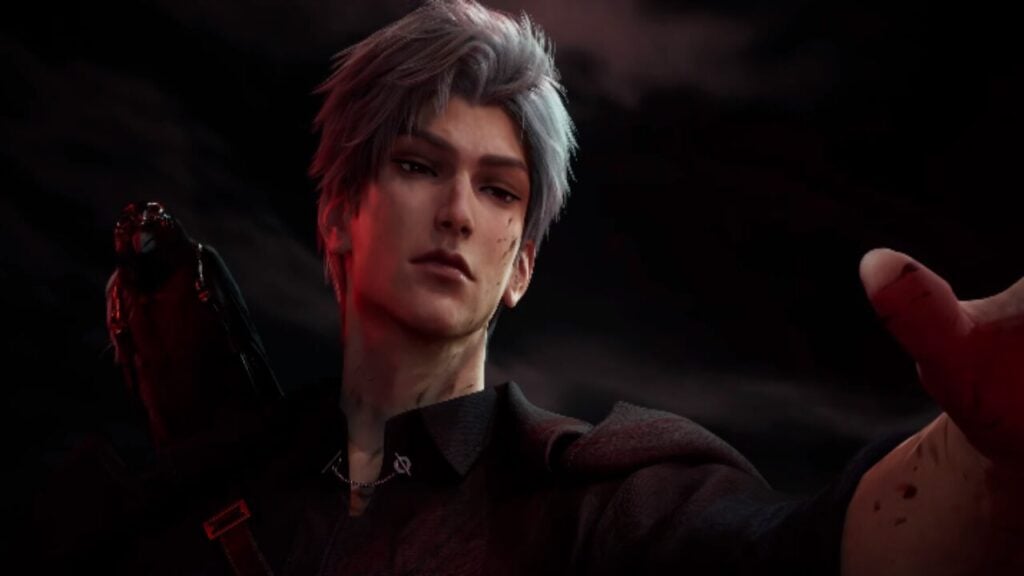
![Roblox Forsaken Characters Tier List [UPDATED] (2025)](https://images.dyk8.com/uploads/18/17380116246797f3e8a8a39.jpg)
